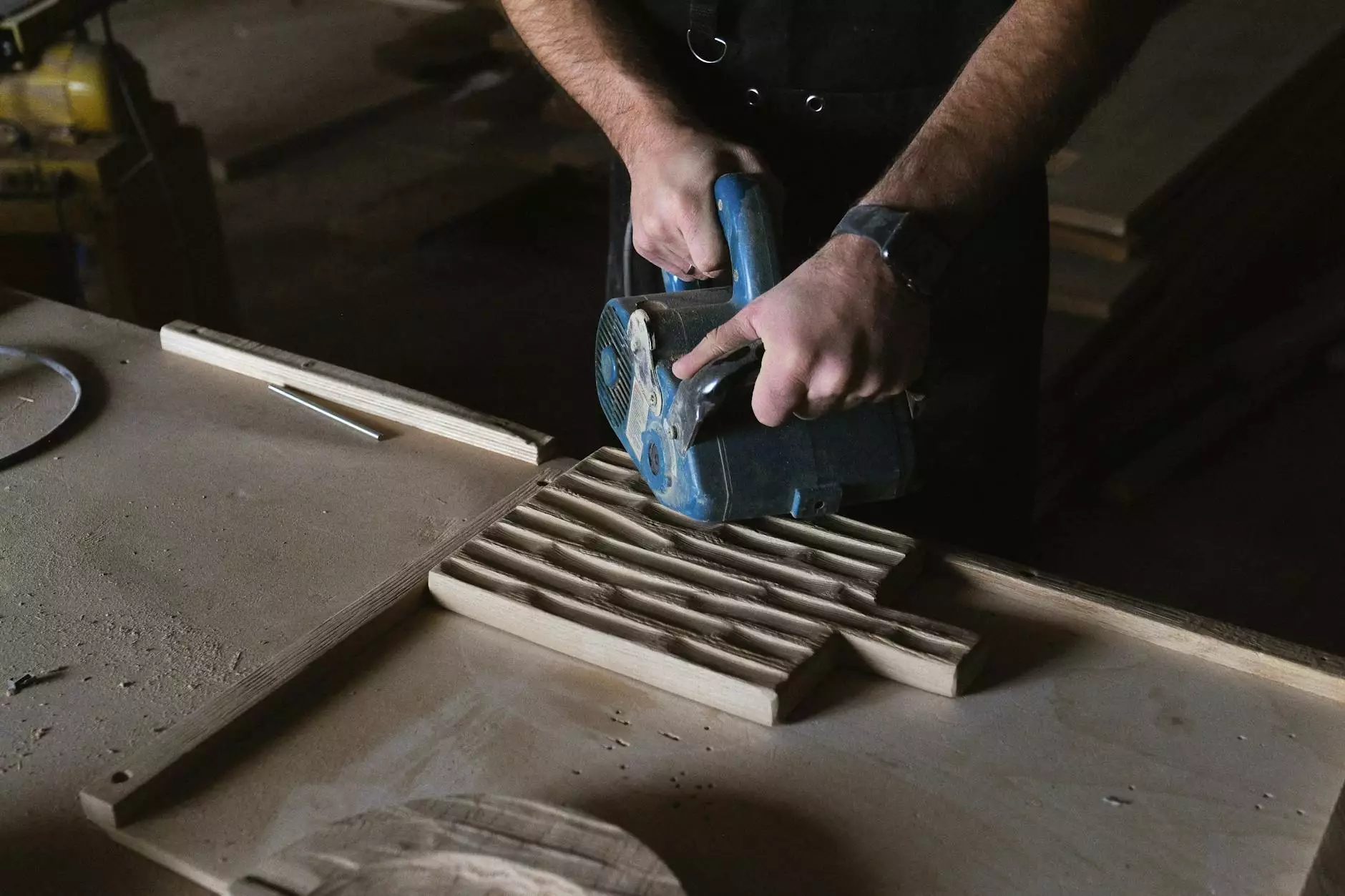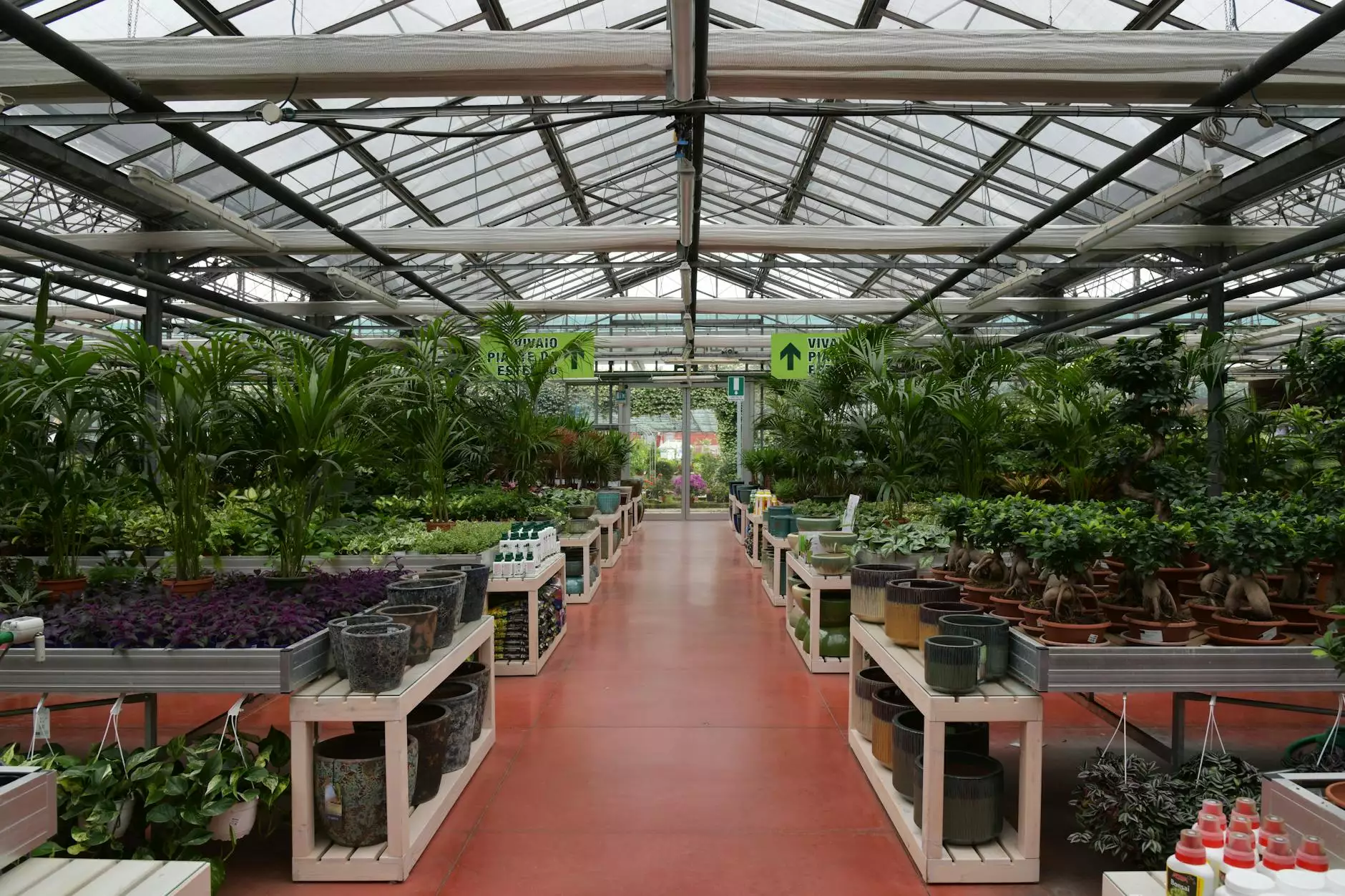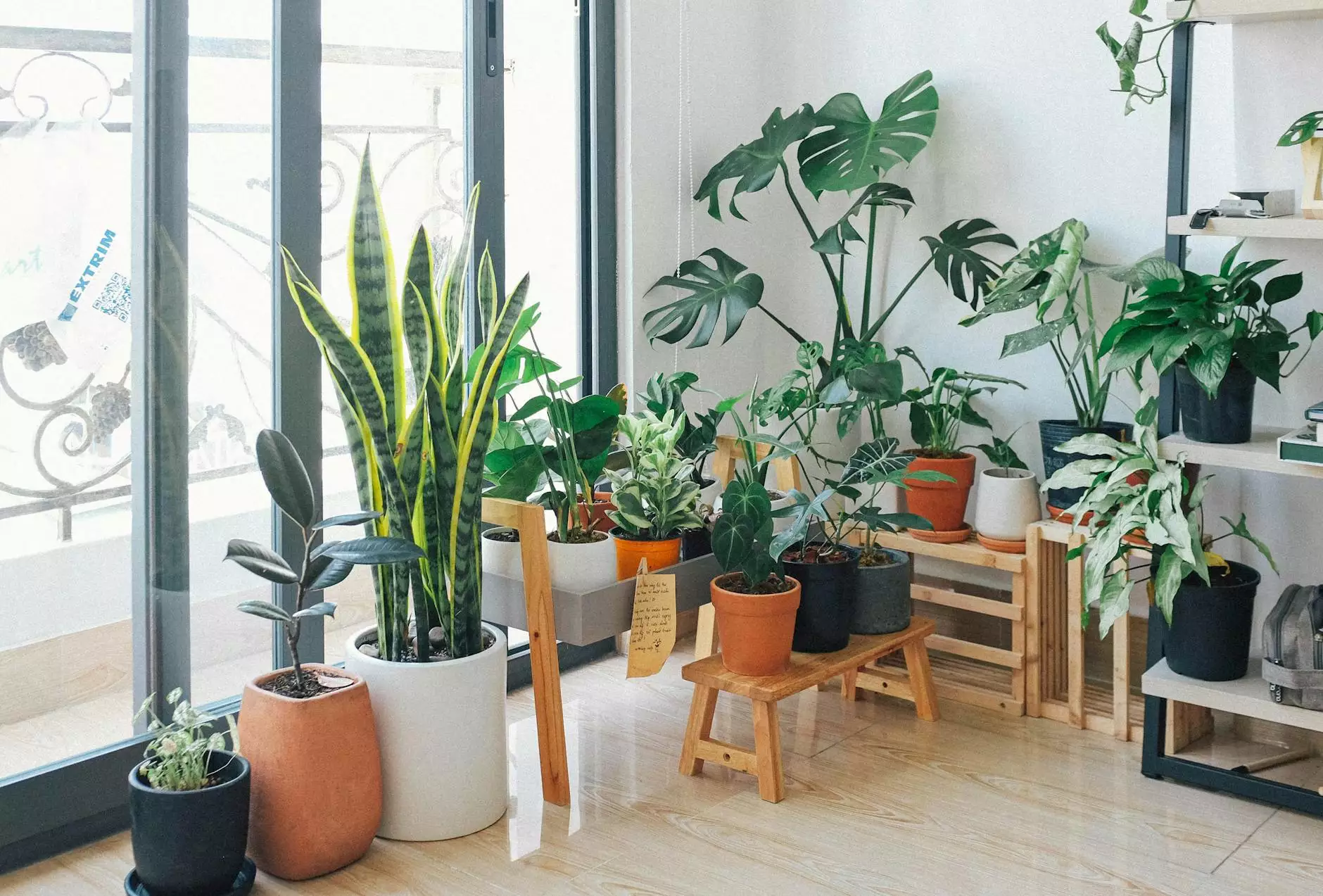The Environmental Impact of Artificial Grass: A Comprehensive Analysis

In recent years, the demand for artificial grass has skyrocketed, especially in the home & garden and outdoor gear categories. As more people seek an alternative to natural grass for various reasons, it is crucial to understand the environmental impact that artificial grass holds. BestArtificialGrassDeals.com aims to shed light on this topic and provide comprehensive insights into the environmental footprint of artificial turf.
What Is Artificial Grass?
Artificial grass, also known as synthetic turf or fake grass, is a manufactured surface designed to resemble natural grass. It is made of synthetic fibers, typically polyethylene or polypropylene, and is commonly used in residential and commercial landscapes, sports fields, and playgrounds. The primary objective behind artificial grass is to provide a low-maintenance, aesthetically pleasing alternative to real grass.
The Rise of Artificial Grass
In recent years, the popularity of artificial grass has surged due to various factors. Homeowners, businesses, and sports facilities have recognized the benefits of artificial turf over natural grass. From its durability and cost-effectiveness to its eco-friendly nature, artificial grass offers a range of advantages that cater to different needs and preferences.
Advantages of Artificial Grass
- Minimal Maintenance: Unlike natural grass that requires regular mowing, watering, and fertilizing, artificial grass demands minimal upkeep. It eliminates the need for costly and time-consuming maintenance practices.
- Water Conservation: With increasing concerns about water scarcity and the need for sustainable practices, artificial grass proves to be an excellent solution. It eliminates the need for excessive water consumption, cutting down on your water bills and contributing to water conservation efforts.
- Durability and Longevity: Artificial grass is engineered to withstand heavy foot traffic, extreme weather conditions, and intense sporting activities. It retains its lush appearance and functionality for years, offering excellent durability and longevity.
- Chemical-Free: Unlike natural grass, which often requires pesticides, herbicides, and fertilizers to maintain its health and appearance, artificial grass is free from these chemicals. This makes it a safer option for families, pets, and the environment.
- All-Season Usage: Artificial grass can be enjoyed throughout the year, regardless of the weather conditions. Whether it's a scorching summer or a frosty winter, your artificial turf will retain its vibrant look and usability.
The Environmental Impact of Artificial Grass
Now, let's delve into the core of our discussion—the environmental impact of artificial grass. While artificial turf offers numerous advantages, it is crucial to examine both its positive and negative environmental implications.
Positive Environmental Aspects
Artificial grass presents several positive environmental aspects that contribute to sustainability and conservation:
- Water Conservation: One of the most significant environmental benefits of artificial grass is its water-saving capabilities. Natural grass demands substantial amounts of water to stay lush and green, especially in dryer regions. By opting for artificial grass, you can significantly reduce water consumption, alleviating the stress on local water resources.
- Reduction in Chemical Usage: As mentioned earlier, artificial grass eliminates the need for pesticides, herbicides, and fertilizers commonly used on natural grass. By doing so, it prevents harmful chemicals from leaching into the soil and waterways, minimizing the risk of pollution.
- Lower Carbon Footprint: Artificial grass requires minimal maintenance, resulting in reduced carbon emissions from mowers, trimmers, and other equipment used for natural grass care. Additionally, the longevity and durability of synthetic turf reduce the need for frequent replacements, further lowering the carbon footprint associated with production and disposal.
Potential Concerns and Mitigation
While artificial grass offers several environmental benefits, it is essential to address potential concerns and methods to mitigate them:
- Usage of Synthetic Materials: Artificial grass is predominantly made of synthetic materials such as polyethylene or polypropylene. The production of these materials relies on fossil fuels, which contribute to greenhouse gas emissions. To address this concern, several manufacturers are shifting towards more eco-friendly materials and production methods, reducing the overall environmental impact.
- Disposal and End-of-Life Management: At the end of its lifespan, artificial grass must be disposed of properly to minimize environmental harm. Recycling programs for synthetic turf are becoming more prevalent, ensuring that waste is managed responsibly and reducing the burden on landfills.
The Future of Artificial Grass
As environmental consciousness continues to drive consumer choices, the future of artificial grass lies in sustainability and innovation. Manufacturers are actively investing in research and development to create more environmentally friendly options. The use of recycled materials, bio-based components, and improved manufacturing techniques are paving the way for greener artificial turf solutions.
Conclusion
Artificial grass offers a wealth of advantages, particularly in the home & garden and outdoor gear categories. From its minimal maintenance requirements and water-saving capabilities to its durability and longevity, it is clear why more and more individuals and businesses are turning to artificial turf as an alternative to natural grass.
While the environmental impact of artificial grass must be considered, the positive aspects, such as water conservation, reduction in chemical usage, and lower carbon footprint, showcase its potential to contribute to sustainability efforts. With ongoing advancements in manufacturing and end-of-life management, the future of artificial grass looks promising in terms of balancing environmental concerns and consumer needs.
At BestArtificialGrassDeals.com, we strive to provide the best insights into our products, making sure you have all the information necessary to make an informed decision about artificial turf. Discover our range of environmentally friendly and durable artificial grass options today!









